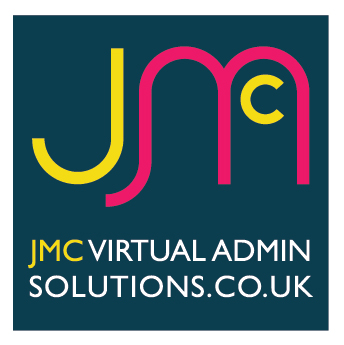To balance the ledger a bookkeeper will need access to your monthly bank accounts. For them to correct any errors they will need full access rather than read only.
Speak to your bank about setting up a separate bookkeepers ID and password, alternatively you could email bank statements or send paper copies.
They will also need access to your asset and liability information such as loans or credit cards. This can be done online or offline. Assets can also depreciate, your bookkeeper can help calculate their costs overtime and offset it against tax.
A bookkeeper needs to know your business entity, who owns it and by how much to keep record of the company’s equity accounts. If you have staff on your payroll your bookkeeper needs to know their hourly rates and hours worked if applicable.
Apart from equipment used in situ other assets can be classed as stock unsold on the premises as they still have value.
Your receipts are very important especially if the business account is used for any personal purchases such as travel, hotel bills, refreshments and leisure/entertaining. Many apps and online programs nowadays have the ability to scan in receipts, failing that a simple cash sheet either handwritten or through an electronic spreadsheet. You must make a note on each receipt of what the expense was for, the date and for whom.
This will help your bookkeeper to classify any expense and if they are taxable. If the expense was for a particular client this can be costed to the job. The more information you can give your bookkeeper the more they can help you with finances.
